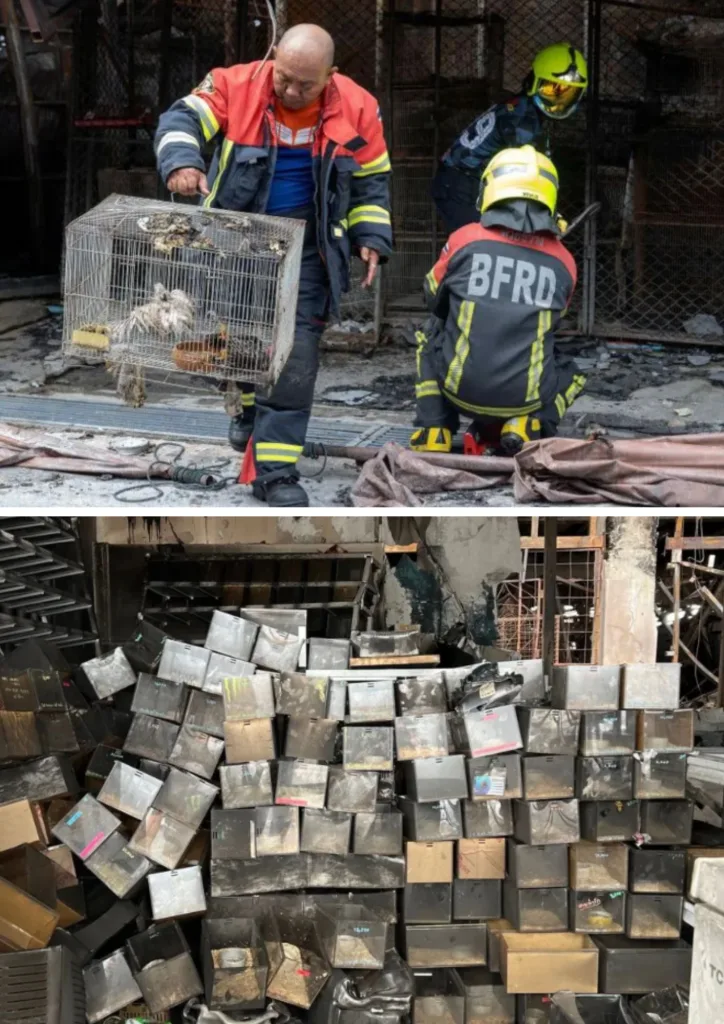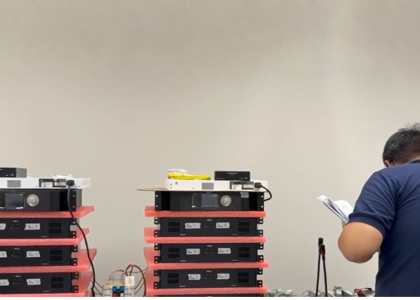Understanding How Electrical Short Circuits Can Cause Fires
Understanding how electrical shorts cause fires and how to prevent them is crucial for ensuring the safety of your home or workplace.
Regular maintenance, careful electrical installations, and vigilance can go a long way in protecting your home or workplace from the devastating effects of electrical fires.

What is an Electrical Short Circuit?
An electrical short circuit occurs when an unintended path forms in an electrical circuit, allowing current to flow freely and bypassing the intended load (such as appliances or lights). This usually happens when two conductors come into contact due to damaged insulation, loose connections, or other faults. When this occurs, the resistance drops, and a large amount of current flows through the circuit, generating excessive heat.
How Does a Short Circuit Cause Fire?
Excessive Heat Generation:
The rapid flow of current through the short circuit generates intense heat. If this heat is not quickly dissipated, it can raise the temperature of the surrounding materials (like wires, insulation, or nearby flammable objects) to their ignition point, starting a fire.
Sparking and Arcing:
When a short circuit occurs, it can produce sparks or arcs. An arc is a luminous discharge of electricity across a gap. These sparks or arcs can ignite nearby flammable materials, leading to a fire.
Insulation Failure:
Insulation around electrical wires is designed to prevent direct contact between conductors. However, when a short circuit generates excessive heat, it can melt or degrade the insulation. This can further exacerbate the short circuit and create a fire hazard.
Overloaded Circuits:
Short circuits often lead to overloaded circuits, which can cause circuit breakers to fail if they are not properly rated or maintained. An overloaded circuit can overheat wiring, potentially igniting any flammable materials nearby.
Case Study: Fire at famous Bangkok market kills 1,000 animals
Around 1,000 animals were killed in a fire in Bangkok’s famous open-air Chatuchak market, gutting nearly 100 shops. Birds, dogs, cats and snakes were burnt to death in their cages in the pet zone, which also included rats, pythons and geckos.
The blaze was started by an electrical short circuit, authorities said, adding that no human casualties or injuries have been reported.
The incident prompted renewed calls for authorities to shut the pet zone, which has long been criticised for the animals’ poor living conditions and has reportedly led to high rates of disease and death. With tens of thousands of shops crowding narrow lanes, Chatuchak is one of South East Asia’s biggest markets.

Common Causes of Electrical Short Circuits
Damaged Wiring:
Wear and tear over time, rodent damage, or physical abrasion can damage wiring insulation, leading to short circuits.
Faulty Appliances:
Appliances with internal wiring faults can cause short circuits. This is why it is essential to regularly inspect and maintain electrical appliances.
Improper Electrical Work:
DIY electrical work or improper installations by unqualified electricians can lead to wiring issues, increasing the risk of short circuits.
Moisture and Water Exposure:
Water is a conductor of electricity. Exposure of electrical systems to moisture, due to leaks or flooding, can create short circuits.
Overloaded Outlets:
Plugging too many devices into a single outlet can cause overheating and potentially short circuits.
Better Safe
Always use qualified electricians for any electrical work. Proper installation and adherence to electrical codes significantly reduces the risk of short circuits. Stay safe, stay informed, and always prioritize electrical safety.










